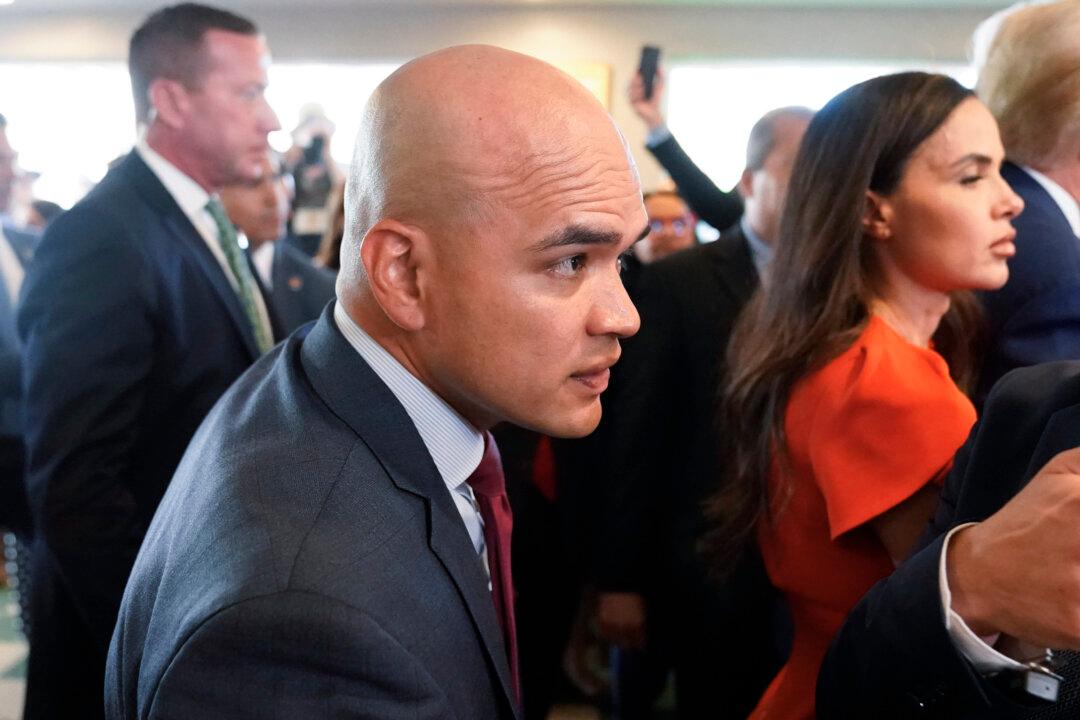Judge Aileen Cannon, who is presiding over the case against former President Donald Trump for allegedly mishandling classified documents, has granted special counsel Jack Smith’s motions to hold Garcia hearings for two of the former president’s co-defendants.
Mar-a-Lago property manager Carlos De Oliveira and butler Waltine Nauta were charged alongside President Trump, and their legal representation is the subject of the new hearings.





